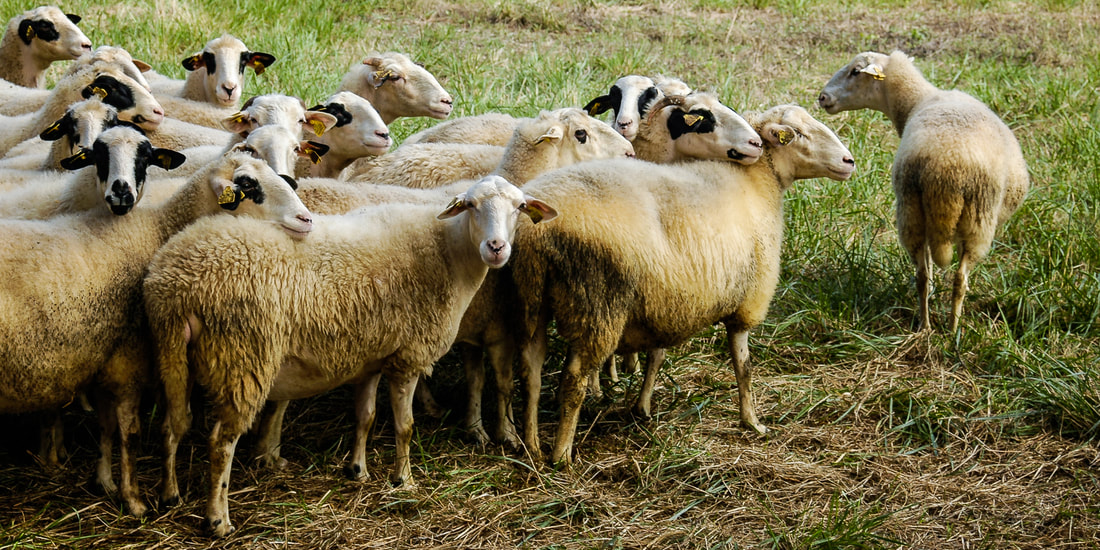Present and future of the treatment of toxoplasmosis and neosporosis in domestic ruminants
Toxoplasmosis and neosporosis are protozoan parasite diseases that cause important economic losses in farm ruminants. Toxoplasma gondii infection mainly produces abortion in small ruminants (sheep and goats) and is a zoonosis with impact on public health. Neospora caninum infection is one of the most important causes of abortion in cattle worldwide. Vaccination has been considered the most important control measure for these diseases. A live attenuated vaccine is available for ovine toxoplasmosis, however, no vaccines against neosporosis have been developed. Treatment could be a useful tool for the control of these diseases but the efficacy against abortion and vertical transmission of the drugs tested in ruminants was scarce. Evaluation of drugs against T. gondii in ruminants can be also revelant as a screening before their use for human therapy.
Polyether ionophore antibiotics such as monensin and lasalocid, folate inhibitors such as sulfadiazine and pyrimethamine and quinolones such as decoquinate have been tested against toxoplasmosis in pregnant sheep, with a protection of 20-40% against abortion and a very limited efficacy against vertical transmission. In N. caninum, drugs such as toltrazuril have been tested in newborn lambs and calves to avoid chronification of congenital infection, showing a slight reduction in the number of tissue cysts. In this review, the studies about drugs against toxoplasmosis and neosporosis in ruminants as well as efficacious drugs in vitro and in laboratory animal models that could be prospectively tested in ruminant models are exposed.
















